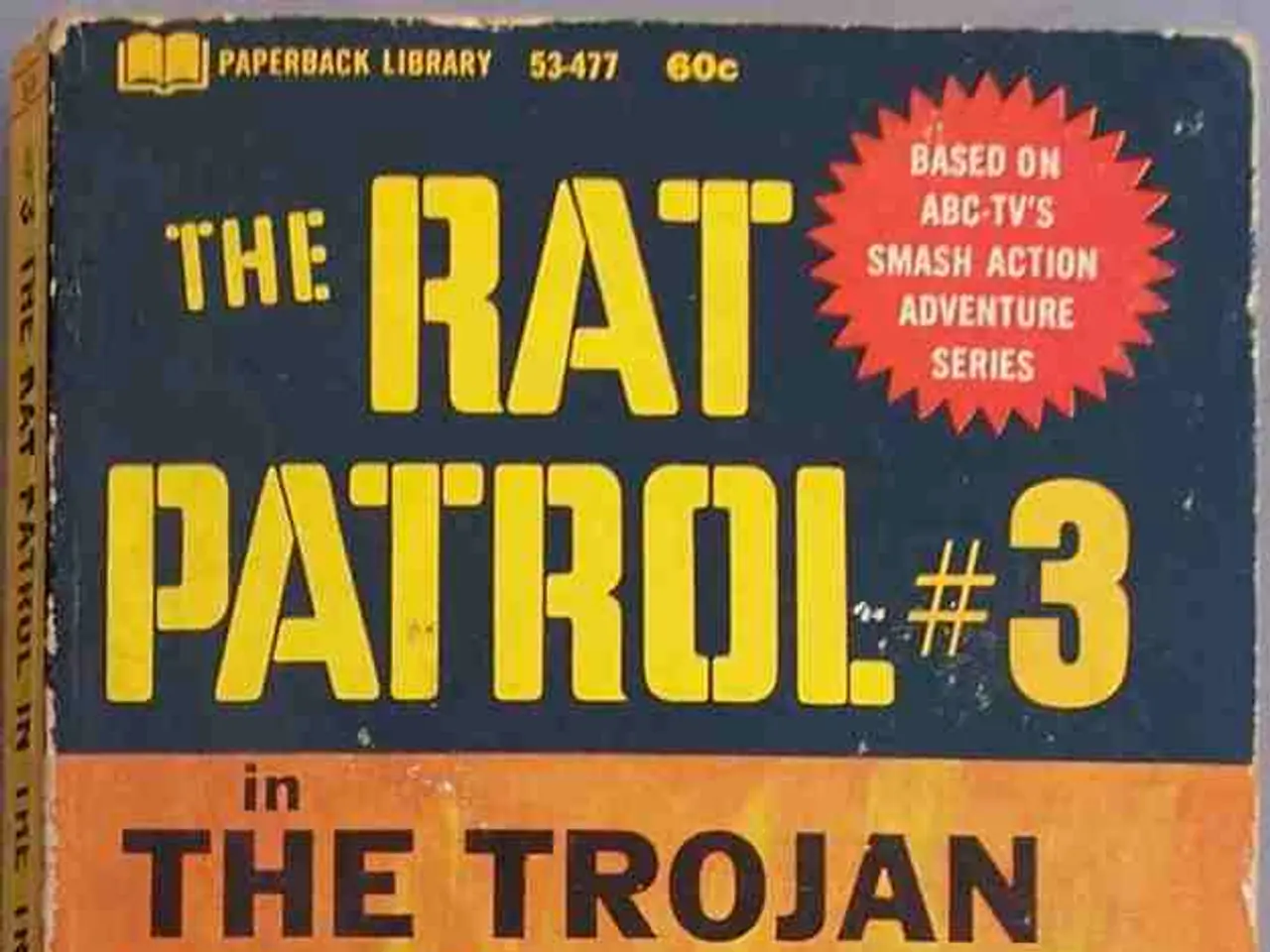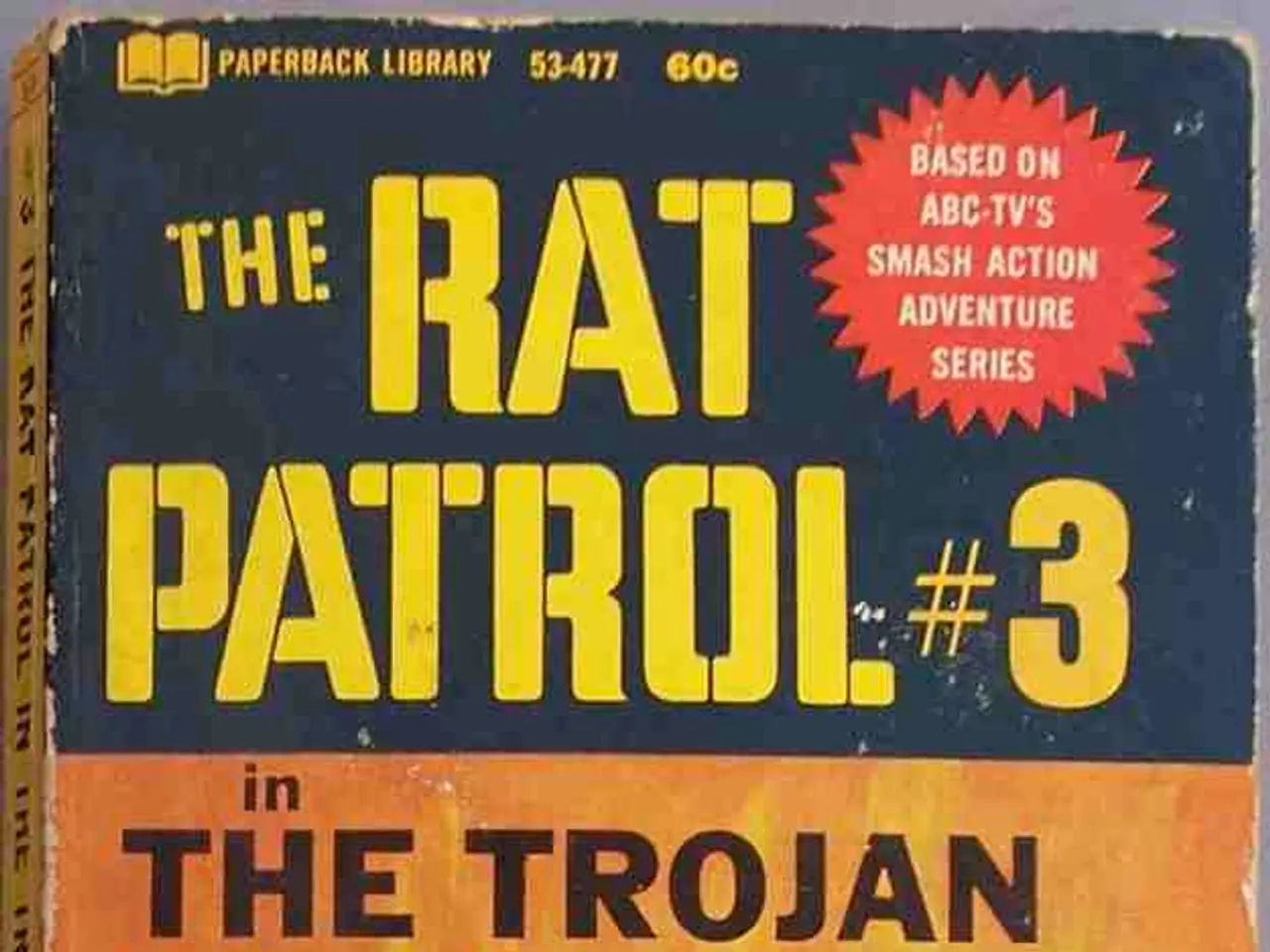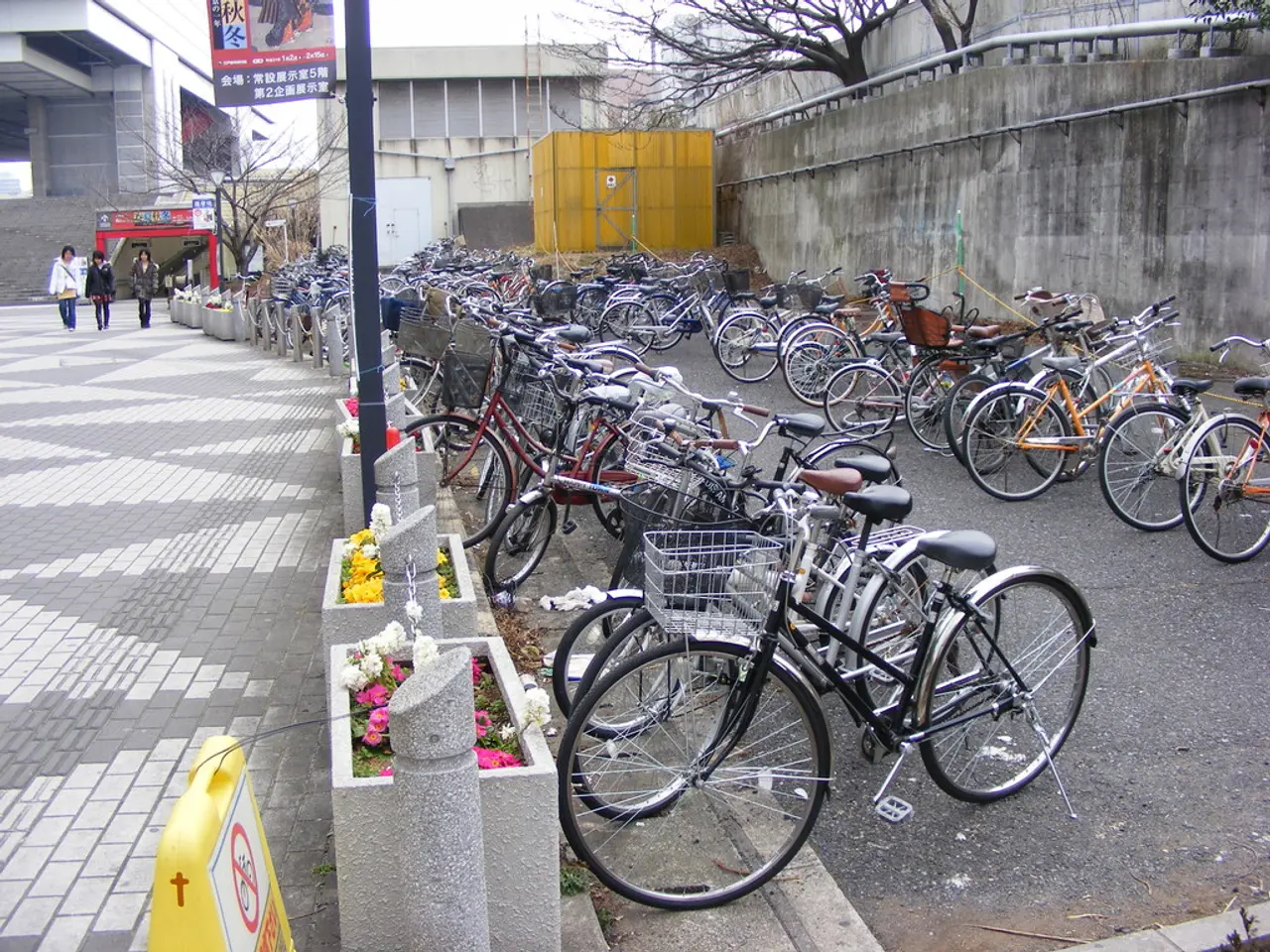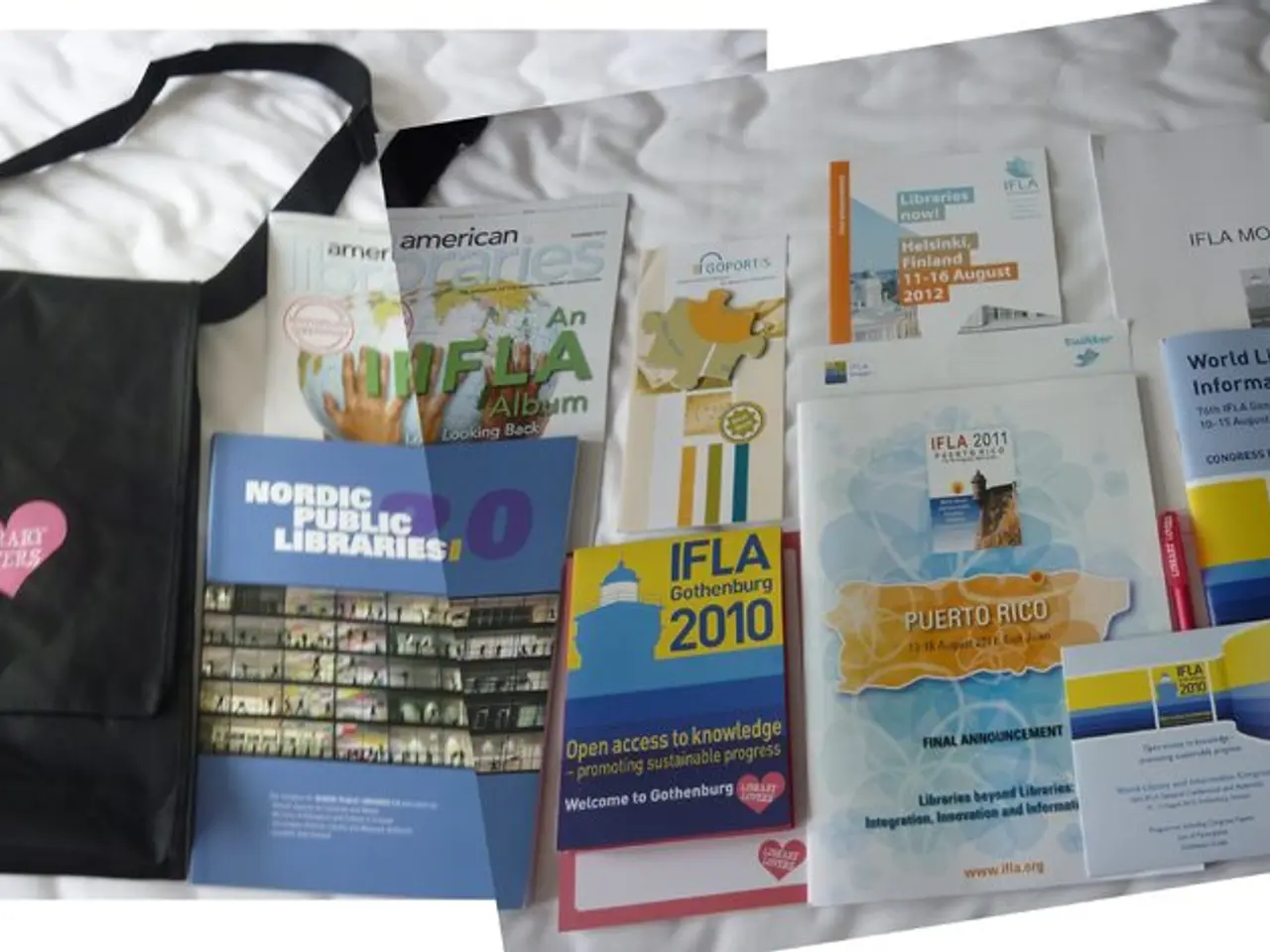International Agreements Proposed for Reducing Plastic Manufacturing
The world is gearing up for a significant global event, the first treaty on combating plastic pollution, set to commence on Tuesday. This treaty, under the UN's International Negotiating Committee (INC), aims to finalize a legally binding agreement addressing the entire life cycle of plastics - from design and production to disposal [1][2][3].
The negotiations, part of the UN Environment Assembly's INC-5.2, are fraught with disagreements, primarily centering on how to address plastic production limits and lifecycle management.
Environmental advocates are pushing for legally binding, phased global targets to substantially reduce plastic production by mid-century, with these reductions aligned with countries' contribution to pollution [1][4]. They advocate for a phased reduction plan that sets incremental global targets and includes restrictions on the trade of plastics and their fossil fuel precursors to prevent circumvention by non-parties [4].
However, some major producers, including the United States under the Trump administration, oppose direct regulations on plastic production and resist treaty text that would impose mandatory production cuts [1].
Beyond production, there is a general agreement to regulate the full plastic lifecycle, emphasizing circular economy strategies like reuse and design changes over reliance on recycling [3][4]. Financial mechanisms to shift subsidies and trade regulations are proposed to ensure effectiveness and reduce loopholes.
Studies have shown that plastic waste can harm wildlife, including turtles and seabirds in the UAE, and have been found around the globe, even in polar regions and human tissue [5]. A study published in Nature indicated that more than 16,000 chemicals have been used in plastics, at least 4,200 of which could be harmful to humans or the environment [6].
Farah Al Hattab, the lead plastics campaigner at Greenpeace Mena, advocates for a treaty that mandates production limits, stating that plastic is harmful to soil, water, and air [7]. Greenpeace Mena is also advocating for legally binding cuts to plastic production [7].
Dozens of countries, campaign groups, and researchers argue for such legally binding reduction targets, seeing them as essential to curb plastic pollution effectively [1][4]. However, the talks ended in gridlock over the issue of production limits during the first part of the fifth session, which was held in Busan, South Korea [2].
More than 179 countries are involved in detailed negotiations over a complex draft treaty, including 32 articles, reflecting broad interest but also deep challenges in reconciling economic, environmental, and health priorities influenced by plastic production and pollution [3]. The upcoming INC-5.2 talks in Geneva will see delegates painstakingly negotiate wording that balances ambition with feasibility, with the treaty’s final shape heavily depending on compromises brokered around these core issues [1][2][3][4].
References: [1] BBC News. (2021, March 1). Global plastic pollution treaty talks to begin. BBC. https://www.bbc.com/news/science-environment-56173494 [2] The Guardian. (2021, March 1). Global plastic pollution treaty talks begin in South Korea. The Guardian. https://www.theguardian.com/environment/2021/mar/01/global-plastic-pollution-treaty-talks-begin-in-south-korea [3] UN Environment Programme. (2021). Negotiations for a global treaty on plastic pollution. UN Environment Programme. https://www.unep.org/news-and-stories/headline-stories/negotiations-global-treaty-plastic-pollution [4] Greenpeace International. (2021). Plastic pollution treaty: Negotiations for a global agreement to stop plastic pollution. Greenpeace International. https://www.greenpeace.org/international/story/39476/plastic-pollution-treaty-negotiations-for-a-global-agreement-to-stop-plastic-pollution/ [5] Al Jazeera. (2021, March 2). UAE seabirds dying from plastic waste, study finds. Al Jazeera. https://www.aljazeera.com/news/2021/3/2/uae-seabirds-dying-from-plastic-waste-study-finds [6] Nature. (2021). Plastic pollution: Chemicals of concern. Nature. https://www.nature.com/articles/d41586-020-03655-6 [7] Gulf News. (2021, March 1). UAE’s Greenpeace Mena calls for production limits in global plastic treaty. Gulf News. https://gulfnews.com/uae/government/uae-s-greenpeace-mena-calls-for-production-limits-in-global-plastic-treaty-1.77496454
- The first treaty on combating plastic pollution, set to commence on Tuesday, is being negotiated by the UN's International Negotiating Committee (INC).
- The treaty aims to finalize a legally binding agreement addressing the entire life cycle of plastics, from design and production to disposal.
- The negotiations are fraught with disagreements, particularly over how to address plastic production limits and lifecycle management.
- Environmental advocates, such as Greenpeace Mena, push for legally binding, phased global targets to substantially reduce plastic production by mid-century.
- They advocate for a phased reduction plan that sets incremental global targets and includes restrictions on the trade of plastics and their fossil fuel precursors.
- The UAE, like other countries, has witnessed harm to wildlife due to plastic waste, a problem that extends globally even to polar regions and human tissue.
- A study published in Nature revealed that more than 16,000 chemicals have been used in plastics, at least 4,200 of which could be harmful to humans or the environment.
- The upcoming INC-5.2 talks in Geneva will see delegates carefully negotiate wording that balances ambition with feasibility, with the treaty’s final shape heavily depending on compromises brokered around core issues like production limits.






